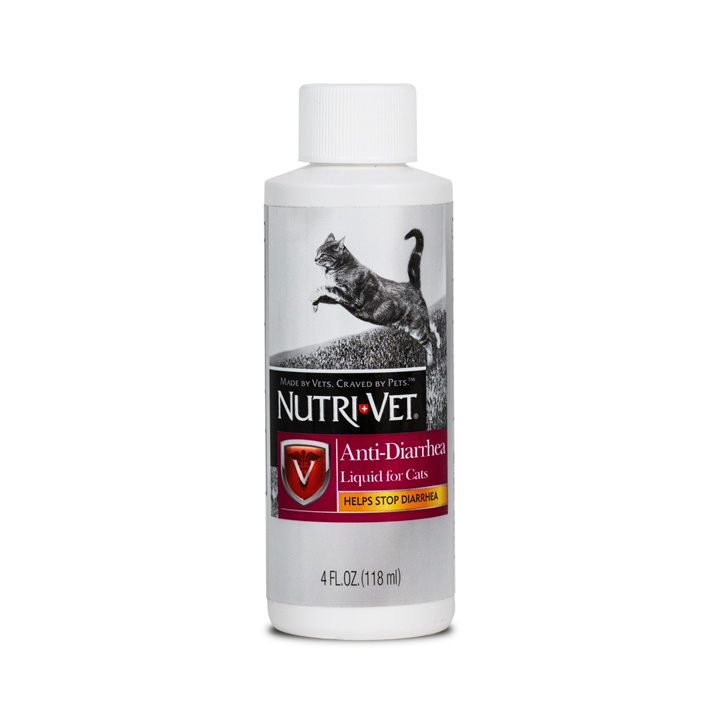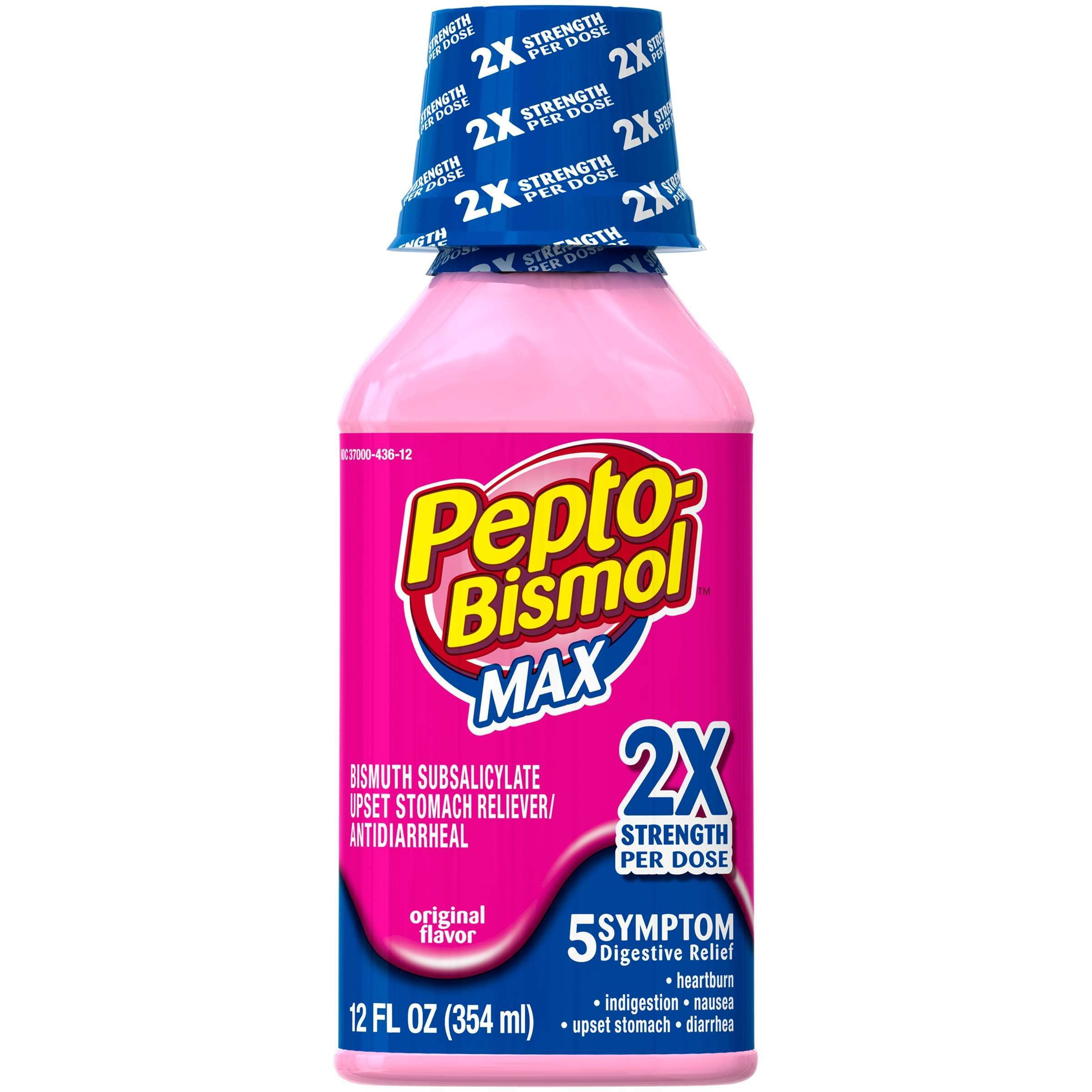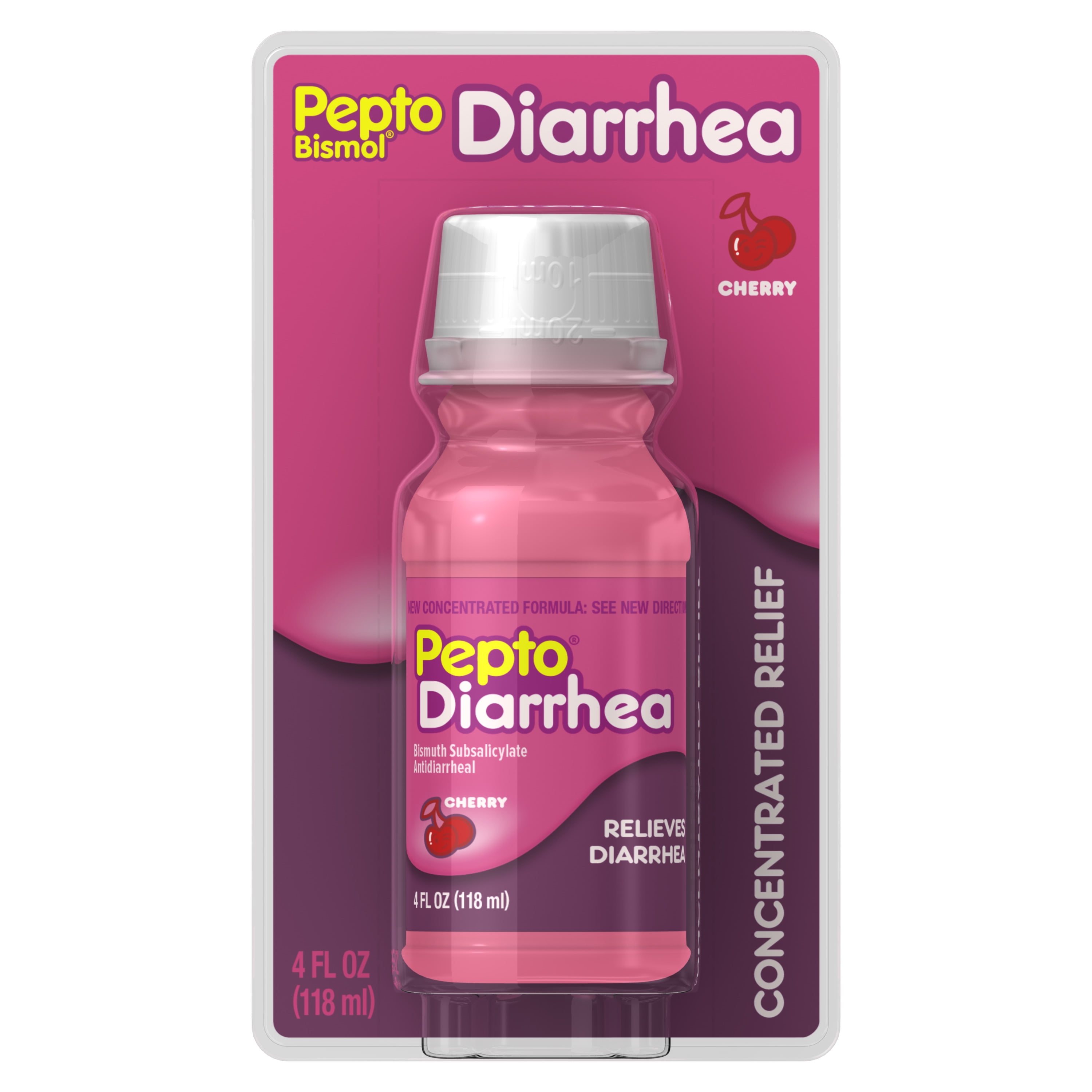

It's still unclear what causes cancer to grow in your colon or rectum, the tube that sends your stools to your anus. There's no cure for CF, but medicines can help clear extra mucus from your body, make sure you can breathe well, and help you fight off infections. If you have CF, you'll have loose, greasy stools. People with CF can't digest fat very well. This genetic condition causes your body to make thick, sticky mucus that can build up in your lungs, pancreas, and intestines. There's no cure for UC, but you can learn about treatments that manage your symptoms. See your doctor if you have these symptoms. You could start to have mucus-filled diarrhea right before other symptoms start to flare. Ulcerative Colitis (UC)Īnother type of inflammatory bowel disease, ulcerative colitis causes sores to form inside your colon and rectum. Though there's no way to get rid of it for good, Medications and changes to what you eat can ease your symptoms and stop your condition from getting worse. If you think you have Crohn's, see your doctor. A feeling that you can't get all your stool out.Your small intestine and colon are likely to become inflamed when you have Crohn's disease. That's a tube that reaches from your mouth to your anus and includes the small intestine and colon. This inflammatory bowel disease (IBD) causes long-term inflammation and ulcers in your digestive tract. And always see your doctor if you notice blood in your stool. Though many infections that affect your gut go away on their own, sometimes you need antibiotics or medicine that can stop your diarrhea. It's also wise to check in with your doctor. Stay away from caffeine, alcohol, and spicy or fatty foods. You need to treat your digestive symptoms gently when you're sick. If you have mucus in your diarrhea because of an infection, you may also have symptoms such as: " Stomach flu" affects the upper GI tract and doesn't tend to cause mucus. Infectionīacteria (and rarely viruses) that cause food poisoning and invade the colon lining can lead to mucus in the stool.

Counseling and acupuncture can offer relief, and your doctor can prescribe medicines to ease your everyday symptoms. Since changing what you eat helps many people with IBS, you may want to speak to a dietitian. Wanting to poop but feeling that you can't.Belly pain that doesn't go away or gets better after a bowel movement.

Besides mucus-filled diarrhea, you could have:

This pushes food too quickly through your system and causes it to come out as watery or mucus-filled diarrhea. When you have this condition, certain foods, stress, or changes in your hormones can make your colon spasm. In IBS, there's a breakdown between how your brain and gut talk to each other. It can be accompanied by blood and fevers. If you have diarrhea with mucus, inflammatory bowel disease or an infection could be to blame. If this layer gets damaged, you'll see a lot more mucus in your stool. A small amount of mucus in your poop is normal, but there are times it could be a sign of a condition that needs treatment.Ī layer of mucus lines and protects the inside of your large intestine (aka your colon).


 0 kommentar(er)
0 kommentar(er)
